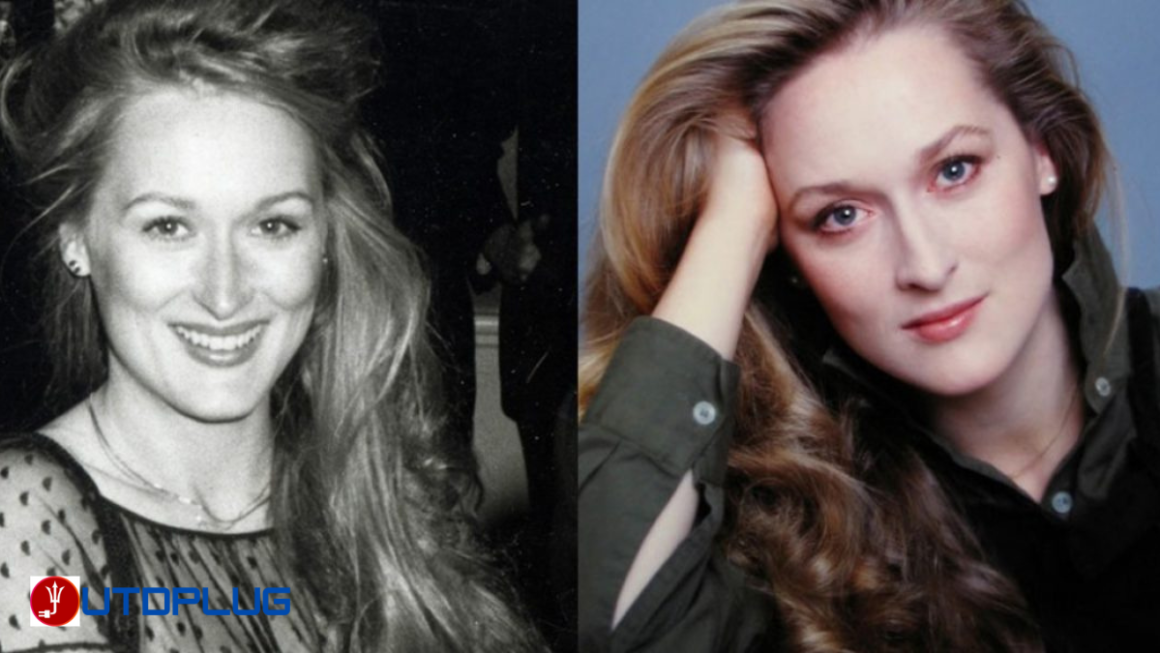Introduction
Cherien Dabis is a filmmaker, writer, and director known for her impactful storytelling and dedication to representing diverse voices in cinema. As a Palestinian-American artist, she has carved a unique space in Hollywood, bringing forth narratives that challenge stereotypes and offer fresh perspectives on identity, belonging, and cultural heritage. Her films and television work highlight the struggles and triumphs of underrepresented communities, making her an influential figure in contemporary filmmaking.
From her critically acclaimed feature films to her work in hit television series, Cherien Dabis has continuously pushed boundaries. She blends personal experiences with universal themes, making her stories relatable while shedding light on significant social issues. As Hollywood evolves toward greater inclusivity, Cherien Dabis stands out as a pioneer, ensuring that voices from the Middle East and beyond find a place in mainstream storytelling.
Early Life and Background
Cherien Dabis Born in Omaha, Nebraska, to Palestinian and Jordanian parents, Cherien Dabis grew up straddling two cultures. Her family moved to a small town in Ohio, where she faced challenges related to identity and acceptance. Growing up in a predominantly white community, she often encountered discrimination and felt the weight of being an outsider. These experiences would later shape her storytelling, as she sought to highlight the struggles of immigrants and people of Middle Eastern descent.
Cherien Dabis passion for storytelling emerged early, as she used writing as a means of exploring her dual identity. She pursued a degree in creative writing at the University of Cincinnati before earning an MFA in film at Columbia University. Her education allowed her to refine her voice, combining her literary skills with visual storytelling. Inspired by filmmakers like Elia Kazan and Mira Nair, she set out to create films that reflected the complexities of her own cultural experiences.
Journey Into Filmmaking
Cherien Dabis’ journey into filmmaking was not without its hurdles. In an industry that often marginalizes women, especially women of color, she had to prove her capabilities through persistence and resilience. She began her career as a writer for television before making the leap into directing. Her early short films garnered attention at film festivals, establishing her as a filmmaker to watch.
Her big break came with Amreeka (2009), a film she wrote and directed. The film, which tells the story of a Palestinian woman immigrating to the United States, was widely praised for its honest depiction of immigrant struggles. Amreeka premiered at the Sundance Film Festival and won several awards, catapulting Dabis into the spotlight. This success opened doors for her in Hollywood, but she remained committed to telling stories that resonated with her roots.
Notable Works and Achievements
Amreeka (2009)
Dabis’ debut feature film, Amreeka, is a heartfelt drama that follows the journey of Muna, a Palestinian single mother who moves to the U.S. with her son in search of a better life. The film explores themes of displacement, cultural identity, and the American dream, offering a nuanced portrayal of the immigrant experience. Critics praised the film for its authenticity and humor, making it a standout indie hit. Amreeka won the FIPRESCI Prize at Cannes and earned widespread recognition.
May in the Summer (2013)
Her second feature film, May in the Summer, further solidified her reputation as a filmmaker with a keen eye for cultural storytelling. The film follows May, a successful writer who returns to Jordan to plan her wedding, only to confront unresolved family conflicts and personal dilemmas. Featuring Dabis in the lead role, the film captures the tension between tradition and modernity in Middle Eastern societies. Like Amreeka, it was well received, premiering at Sundance and earning critical acclaim.
Television Contributions
Cherien Dabis expanded her influence by directing episodes of popular television series, including Ramy, The L Word: Generation Q, and Only Murders in the Building. Her work on Ramy was particularly noteworthy, as the show itself explores themes of identity and faith within the Arab-American community. Through television, Dabis has continued to push for diverse representation, ensuring that complex, multi-dimensional Middle Eastern characters appear on mainstream screens.
Influence on Representation and Diversity in Hollywood
Cherien Dabis has played a crucial role in breaking stereotypes about Middle Eastern characters in Western media. Historically, Hollywood has often depicted Arabs and Muslims through negative, one-dimensional portrayals. Dabis, however, strives to humanize these narratives, showcasing the depth and richness of Arab culture. By centering her films on personal and familial experiences, she challenges misrepresentations and encourages audiences to see beyond cultural biases.
As a female filmmaker of color, Dabis has also contributed to the ongoing fight for gender equality in Hollywood. She has spoken openly about the challenges of being a woman in the industry and the need for more female-led projects. By mentoring young filmmakers and advocating for industry-wide changes, she is paving the way for future generations of diverse storytellers.
Upcoming Projects and Future Prospects
Dabis continues to work on projects that reflect her unique storytelling style. While details about her upcoming films remain under wraps, industry insiders speculate that she will continue exploring themes of diaspora, identity, and social change. Her recent television work has demonstrated her ability to navigate both film and TV landscapes, making her a sought-after director for diverse and meaningful projects.
With Hollywood slowly embracing more inclusive narratives, Dabis’ future looks promising. Whether through independent films or mainstream productions, she is expected to remain a key player in shaping the future of diverse representation in entertainment.
Conclusion
Cherien Dabis’ journey as a filmmaker is a testament to the power of storytelling in bridging cultural gaps and fostering empathy. Through her films and television work, she has reshaped how Arab and immigrant stories are told in Hollywood. Her dedication to authentic representation has not only enriched cinema but has also inspired a new generation of storytellers to share their own unique narratives. As she continues to push boundaries, her legacy as a visionary filmmaker will undoubtedly endure.
Also Read: park eun bin husband




